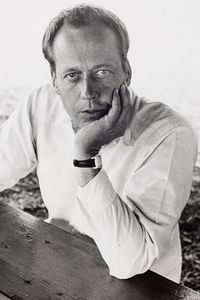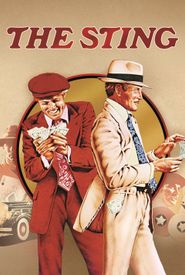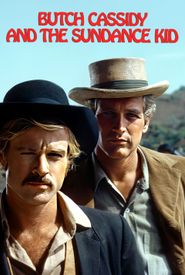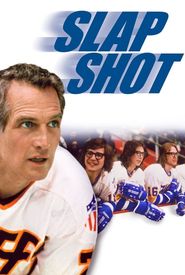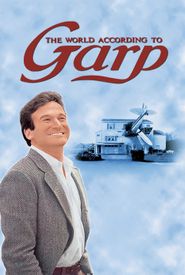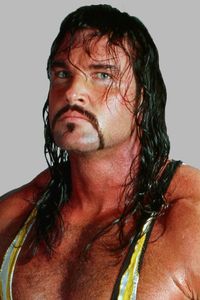George Roy Hill was a film director who was known for his unique style and ability to tell stories that captivated audiences. Despite being criticized by some for being impersonal and lacking in stylistic trademarks, Hill was able to create two of the top 10 box office hits by 1976 with his films "Butch Cassidy and the Sundance Kid" (1969) and "The Sting" (1973). Hill's work was often praised by the public and the academy, earning him an Oscar and a Director's Guild Award for "The Sting" and a BAFTA for "Butch Cassidy and the Sundance Kid".
Hill was born into a wealthy Roman Catholic family of Irish background and was educated at private school and Yale University, where he studied music under composer Paul Hindemith. After graduating, Hill served as a transport pilot with the U.S. Marines during World War II and later as a night fighter pilot during the Korean War, where he rose to the rank of major.
After the war, Hill began his career as an actor, appearing on stage with Cyril Cusack's company in Ireland and later on Broadway in "Richard II" and "The Taming of the Shrew". He then turned to directing, working on live anthology TV and directing plays on and off Broadway.
Hill's cinematic breakthrough came with "Period of Adjustment" (1962),which featured an up-and-coming Jane Fonda. He then went on to direct "Toys in the Attic" (1963),which starred Geraldine Page and Wendy Hiller, and "The World of Henry Orient" (1964),a comedy starring Peter Sellers.
Hill's next film, "Hawaii" (1966),was a critical and box office failure, but he rebounded with "Thoroughly Modern Millie" (1967),a musical comedy that was one of the best of the 1960s. Hill's next two films, "Butch Cassidy and the Sundance Kid" (1969) and "The Sting" (1973),cemented his place at the top with their massive box office success.
Hill's ability to secure the pairing of Paul Newman and Robert Redford for "Butch Cassidy and the Sundance Kid" was instrumental in the film's success. He also worked with Newman again on "The Sting", which was inspired by the exploits of Fred and Charlie Gondorf, famous practitioners of the 'big store' confidence racket in the early 1900s.
Hill's later efforts, including "The Great Waldo Pepper" (1975) and "Slap Shot" (1977),were not as successful, but he continued to work in film and television until his retirement. Hill died in 2002 at the age of 81 due to complications from Parkinson's disease.
